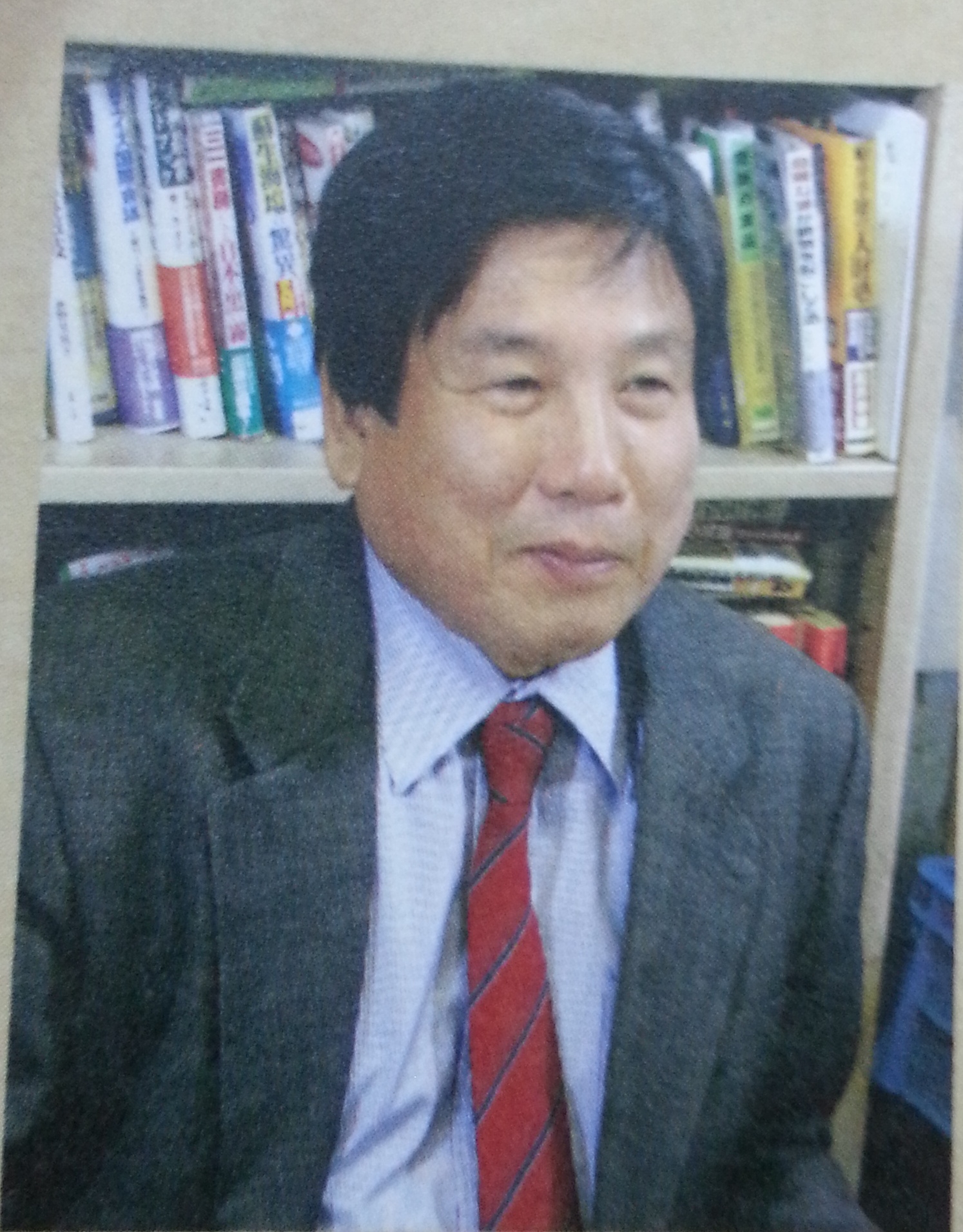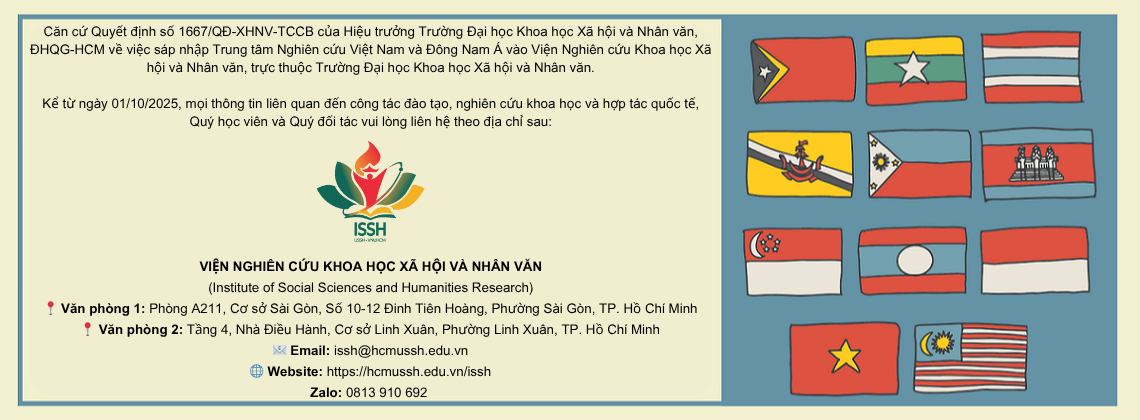POTENTIAL FOR ECO-AGRICULTURAL DEVELOPMENT IN MEKONG DELTA
, 05/02/2015 15:02After the field trip to visit the model of growing floating rice in Vinh Phuoc Hamlet, Tri Ton District, An Giang Province on January 31, 2015, Dr. Tran Dinh Lam – Director of the Center for Vietnamese and Southeast Asian Studies, HCMC USSH – worked with Mr. Tokue and Mr. Nishikawa, two Japanese experts on agriculture, discussing how to preserve and develop this model toward an eco-agricultural approach.

Mr. Nishikawa, Japanese agricultural expert.
Through discussions, the two Japanese experts wished to provide support for Vietnamese farmers in setting up an eco-agricultural model to boost the model of growing floating rice in the locality. The cultivation process of eco-agriculture is done naturally without the aid of fertilizers and chemicals. This approach will not only help conserve the current model of growing floating rice but also contribute to increasing farmers’ scientific knowledge of eco-agricultural cultivation. It is environmentally-friendly and yields agricultural produce which is of high quality and safe for human health. Moreover, such an approach can help improve the life quality of local people in a sustainable way. On the other hand, the field trip also opens up a good opportunity for other localities depending on agriculture in Vietnam, since the current demand for eco-agricultural products in Japan is increasing, but the domestic output is insufficient.
Japanese eco-rice.
In Japan, the company of those two experts is supposed to be one of the biggest enterprises in terms of manufacturing eco-agricultural products in Tokyo with the list of up to 20,000 items supplied to 10,000 citizens there. Additionally, the company delivers their goods to Osaka and Tokushima. Not only do they sell clean, safe and high-quality agricultural produce, they subtract part of their profits for charity to help disabled children in Japan annually.
Sharing with local authorities in An Giang, the experts thought that apart from growing eco-rice, farmers are still able to plant other crops catch cropping with rice. That will not only supply fresh rice and vegetables, but also help ensure that the eco-standards are followed and soil is not infected with impurities from chemicals and fertilizers














